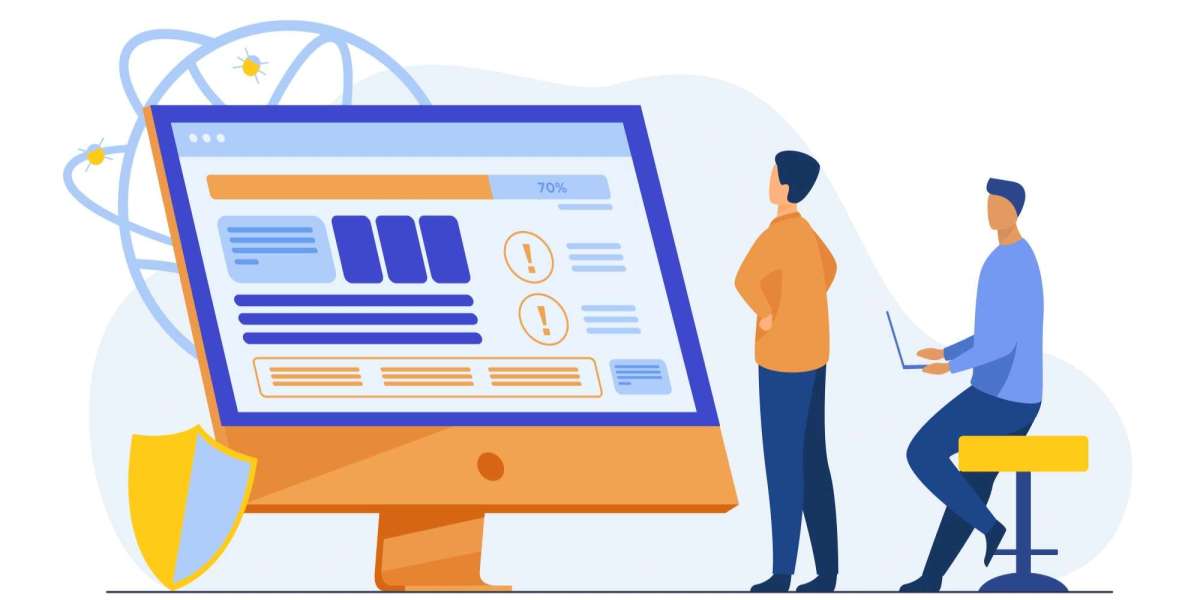Introduction
Artificial Intelligence (AI) and Data Science fields have become synonymous with innovation and opportunity in today's technology-driven world. Both disciplines are highly sought after, offering promising career paths and the chance to work on cutting-edge projects. If you're passionate about technology and wonder whether you can transition from Data Science to AI, this blog is for you.
Understanding the Relationship Between Data Science and AI
Before we delve into the transition from Data Science to AI, it's essential to understand the relationship between these two fields.
Data Science, at its core, involves extracting meaningful insights from data. It encompasses data collection, cleaning, statistical analysis, machine learning, and visualization. Data scientists are often responsible for making data-driven decisions, building predictive models, and optimizing business processes.
On the other hand, Artificial Intelligence is a broader concept that focuses on creating machines or systems capable of performing tasks that typically require human intelligence. AI includes subfields such as Machine Learning (ML), Natural Language Processing (NLP), Computer Vision, and Robotics. It aims to build systems that can learn from data, reason, make decisions, and adapt to changing circumstances.
The Overlapping Skills:
One of the reasons transitioning from Data Science to AI is relatively smooth is the substantial overlap in skills and knowledge. Here are some of the critical skills that data scientists often possess and that are highly valuable in AI:
- Programming: Data scientists frequently use programming languages like Python and R, which are also prevalent in AI development.
- Mathematics and Statistics: A strong foundation in mathematics, including linear algebra and calculus, is crucial for both fields.
- Machine Learning: Data scientists are well-versed in machine learning algorithms, a fundamental component of AI.
- Data Preprocessing: Data cleaning and preprocessing are essential in both Data Science and AI to ensure high-quality input data.
- Data Visualization: Understanding how to visualize data is valuable for communicating insights and results in both fields.
- Domain Knowledge: In many cases, domain knowledge is necessary to effectively apply Data Science and AI to specific industries or problems.
- Problem-Solving: Both fields require a problem-solving mindset to identify issues, design solutions, and optimize models or systems.
Steps to Transition from Data Science to AI:
If you're interested in making the transition from Data Science to AI, here are the steps to guide you:
- Strengthen Your Machine Learning Knowledge
Machine Learning is a fundamental aspect of AI. Build on your existing machine learning skills by delving deeper into advanced ML topics such as deep learning, reinforcement learning, and generative adversarial networks (GANs). You can take online courses, attend workshops, or pursue a master's degree in AI or related fields to gain a more profound understanding.
- Learn AI Frameworks and Tools
Familiarize yourself with AI-specific tools and libraries, such as TensorFlow, PyTorch, and Keras, commonly used for building AI models. These frameworks are essential for developing neural networks and implementing various AI algorithms.
- Work on AI Projects
Practical experience is invaluable. Start working on AI projects, whether they are personal or collaborative efforts. Building AI models, developing chatbots, or working on computer vision tasks will help you apply your knowledge and gain hands-on experience.
- Specialize in Niche Areas
AI is a vast field with many specialized areas like computer vision, natural language processing, and robotics. Choose a niche that aligns with your interests and career goals. Specialization will make you more attractive to employers looking for specific expertise.
Collaborate and Network
Engage with the AI community by attending conferences, joining online forums, and participating in hackathons or AI competitions. Networking can lead to valuable connections and opportunities in the AI field.
- Update Your Resume and Portfolio
Highlight your AI-related skills, projects, and achievements in your resume and portfolio. Showcase your ability to work on AI projects and solve complex problems.
- Pursue Advanced Degrees (Optional)
Consider pursuing a Ph.D. in AI or a related field if you aspire to become an AI research scientist or academic. While not mandatory, advanced degrees can open up specialized career paths in AI.
Conclusion:
In conclusion, transitioning from Data Science to AI is possible and a logical step for those who want to explore the broader world of artificial intelligence. The skills and knowledge you've gained as a data scientist provide a strong foundation for diving into AI. You can successfully transition by enhancing your machine-learning expertise, learning AI-specific tools, working on AI projects, specializing in niche areas, networking, and showcasing your AI skills.
AI is a dynamic and evolving field that continues to shape the future, and being part of this transformation can be an exciting and rewarding journey. Remember that perseverance, continuous learning, and practical experience will be your allies in this transition, enabling you to thrive in Artificial Intelligence.
Yes, 1StepGrow makes moving from data science to artificial intelligence easy. At 1StepGrow, our AI and data science course teaching methodology is built to support this shift. We provide an organized program that progresses from basic Data Science ideas to more complex AI subjects. Our knowledgeable professors give you the practical experience, real-world projects, and individualized coaching you need to succeed in an artificial intelligence job. Come along to confidently begin your path from data science to artificial intelligence.You can learn more about AI. Join the 1stepGrow online data science and AI course









